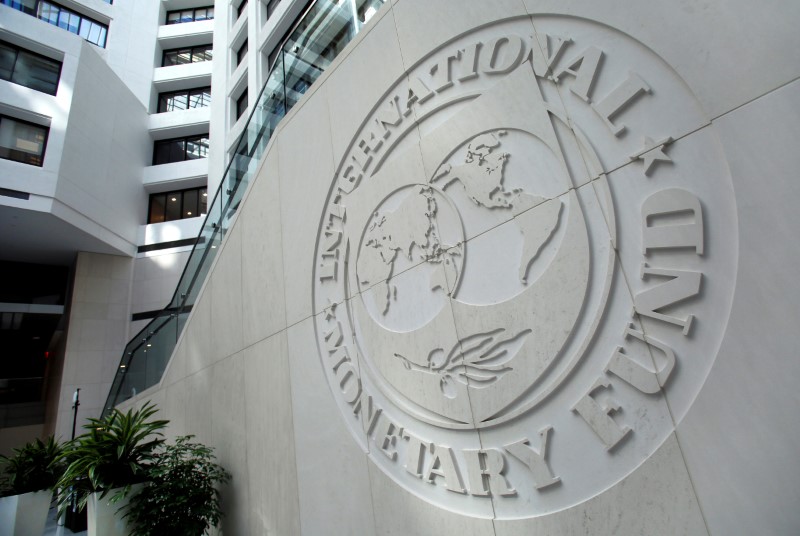By David Lawder
WASHINGTON (Reuters) - Greece needs to reduce the proportion of its budget spent on "unaffordably high" pensions which are paid for by high tax rates to stimulate economic growth, the International Monetary Fund said on Tuesday.
Releasing the full staff report from its first annual review of Greece's economic policies in nearly four years, the IMF said that Greece instead should work to broaden its tax base and reduce tax rates, while providing more targeted spending to support the poor and other essential public services.
"We are saying that Greece needs to take some fairly difficult decisions to make its budget much more growth-friendly," IMF European Department Director Poul Thomsen told reporters on a conference call.
He said that too many Greek households are exempt from taxation under current policies, while spending on infrastructure, capital investment and other critical needs has been cut to very low levels in an effort to meet fiscal targets under the country's current bailout program. Such investments and resources are needed to help modernize Greece's economy, he added.
Under the constraints of the Greek government's third financial bailout since 2010 and an aging population, the country's long-term economic growth is only expected to reach about 1.0 percent, the IMF said in the report.
The Fund also reiterated its longstanding view that Greece's debt is unsustainable, even if all of the Fund's prescribed reforms are implemented, and debt relief from European lenders is required.
It projected government debt would reach 160 percent of gross domestic product by 2030, but would "become explosive thereafter."
The IMF has insisted on additional debt relief and reduced fiscal targets before it participates financially in Greece's current bailout program. Germany, which faces national elections, has resisted such moves.
Thomsen told reporters that in his view there is now "more of a consensus" on the need for Greek debt relief.
"If you compare what we were a year ago, there is a narrowing of differences of views on debt sustainability and on what is needed," he added.
Jeroen Dijsselbloem, president of the Eurogroup of euro zone finance ministers, on Tuesday said the IMF's view on Greek debt was too pessimistic and ruled out any further debt relief before mid-2018, when the current bailout program ends.

At the same time, a Greek government spokesman said that Greece would not yield to "illogical" demands from the IMF for "precautionary" austerity measures.